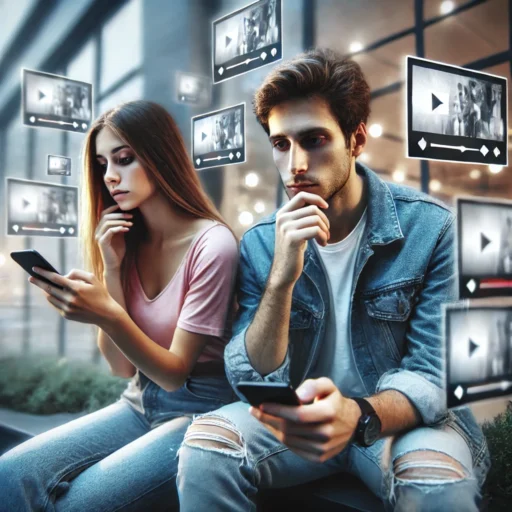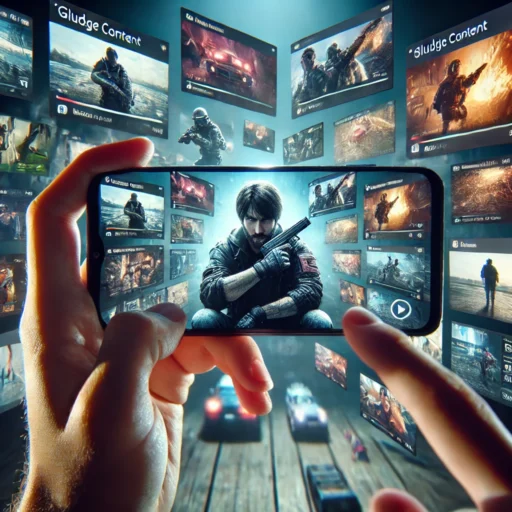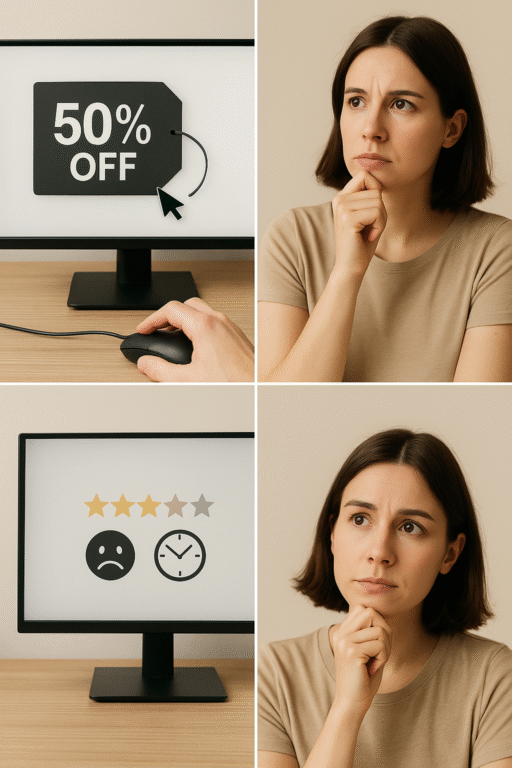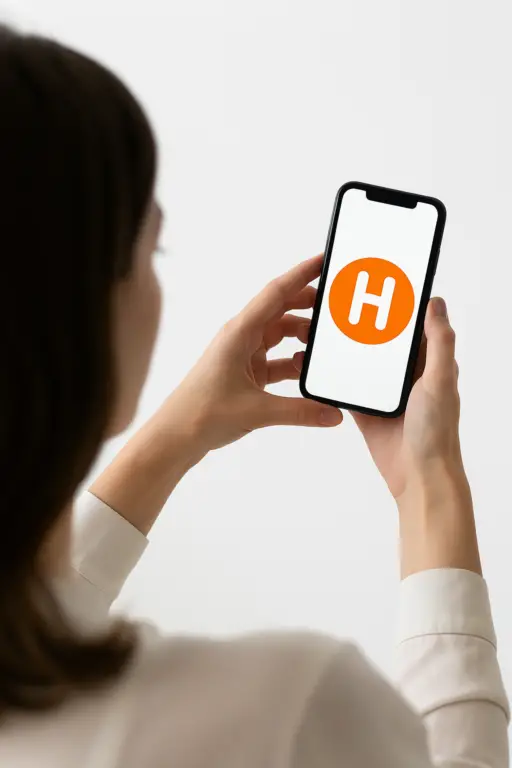Portuguese version: O efeito TikTok no seu cérebro e por que ninguém consegue mais ver um vídeo até o fim?
Ever skipped a 30-second video because it felt too slow? Or opened TikTok “just for a recipe” and found yourself 15 cat clips deep an hour later?
You’re not alone. What you’re experiencing is part of a growing phenomenon called the TikTok effect on the brain. It’s not just about distraction—it’s about how fast-paced digital content is literally rewiring the way we think and behave.

What’s Happening to Our Attention?
O termo “TikTok Brain” surgiu para descrever os impactos neurológicos causados pelo consumo constante de vídeos curtos e altamente estimulantes. Plataformas como TikTok, Instagram Reels e YouTube Shorts foram projetadas para capturar sua atenção em segundos, com cortes rápidos, sons envolventes e recompensas instantâneas.
Segundo especialistas da University of Richmond, esse tipo de conteúdo está reprogramando nosso cérebro para rejeitar atividades que exigem foco e paciência. A tolerância ao tédio diminui, e a busca por estímulos imediatos se torna constante
Fonte: Jolt Law Journal – University of Richmond.
TikTok, Dopamine, and the Instant Reward Loop
Platforms like TikTok, Instagram Reels, and YouTube Shorts are designed for one thing: instant gratification.
Each swipe brings a new, unpredictable reward—an emotional reaction, a laugh, a shock. And with every micro-hit of pleasure, your brain releases dopamine, the chemical responsible for motivation and reward.
That’s where the problem starts. The brain begins to crave that quick rush, and anything that doesn’t deliver it fast enough—like reading a book or watching a full-length documentary—starts to feel boring or even stressful.
📚 A study published in The Week confirms: this constant dopamine loop from fast content weakens our ability to focus and increases procrastination.

The Cognitive Cost: Memory, Focus & Mental Fatigue
Scientific research shows that excessive exposure to short-form video content can lead to:
- Decreased attention span (trouble focusing for more than 20 minutes)
- Impaired working memory (affecting learning and information retention)
- Higher levels of procrastination and anxiety
One study even found that college students who used TikTok heavily had difficulty staying focused in class—even when their phones were off.
🧠 Source: National Center for Biotechnology Information | PMC Study
“Sludge Content” and Sensory Overload
A growing trend on social media is called sludge content: multiple layers of content packed into one screen—like Subway Surfers gameplay running behind a dramatic story, with a meme in the corner.
These videos are engineered to maximize stimulation, often at the cost of meaning. They hijack your attention and condition your brain to crave constant novelty, contributing to sensory overload, anxiety, and mental fatigue.
Source: Wikipedia – Sludge Content
How to Reclaim Your Focus (Without Deleting TikTok)
AHere’s the good news: your brain is plastic—it can change. You don’t need to delete all your apps. But you do need a strategy.
Try These Proven Tips:
- Take daily screen breaks (start with 1 hour offline per day)
- Practice focus with long-form content (books, podcasts, lectures)
- Reduce multitasking and train your brain to stick to one thing at a time
- Improve sleep and nutrition, both essential for dopamine balance
- Be mindful of what you consume—quality over quantity
These simple shifts help rewire your brain for focus, clarity, and long-term satisfaction—not just fleeting pleasure.

Conclusion: The Real Cost of Fast Content
We’re in the middle of a cognitive shift. Our brains are adapting to a world that values speed over depth, reaction over reflection.
Understanding the TikTok effect on the brain is the first step toward reclaiming your mental space. You don’t need to quit digital life—you just need to live it more consciously.
So next time you find yourself skipping a 15-second video, pause and ask yourself:
What’s making me so impatient?
Enjoyed This Article?
Share it with someone who can’t finish a YouTube video.
Bookmark it for when you’re ready to take back control.
And take the opportunity to check out our other categories: https://heknoverse.com/blog/
Sources used:
- https://jolt.richmond.edu/2024/03/06/tiktok-brain-can-we-save-childrens-attention-spans/
- https://theweek.com/health-and-wellness/1025836/tiktok-brain-and-attention-spans
- https://www.researchgate.net/publication/387697885_THE_IMPACT_OF_TIKTOK%27S_FAST-PACED_CONTENT_ON_ATTENTION_SPAN_OF_STUDENTS
- https://pmc.ncbi.nlm.nih.gov/articles/PMC10756502/
- https://en.wikipedia.org/wiki/Sludge_content
- https://www.verywellhealth.com/how-to-improve-dopamine-regulatoin-8697673





